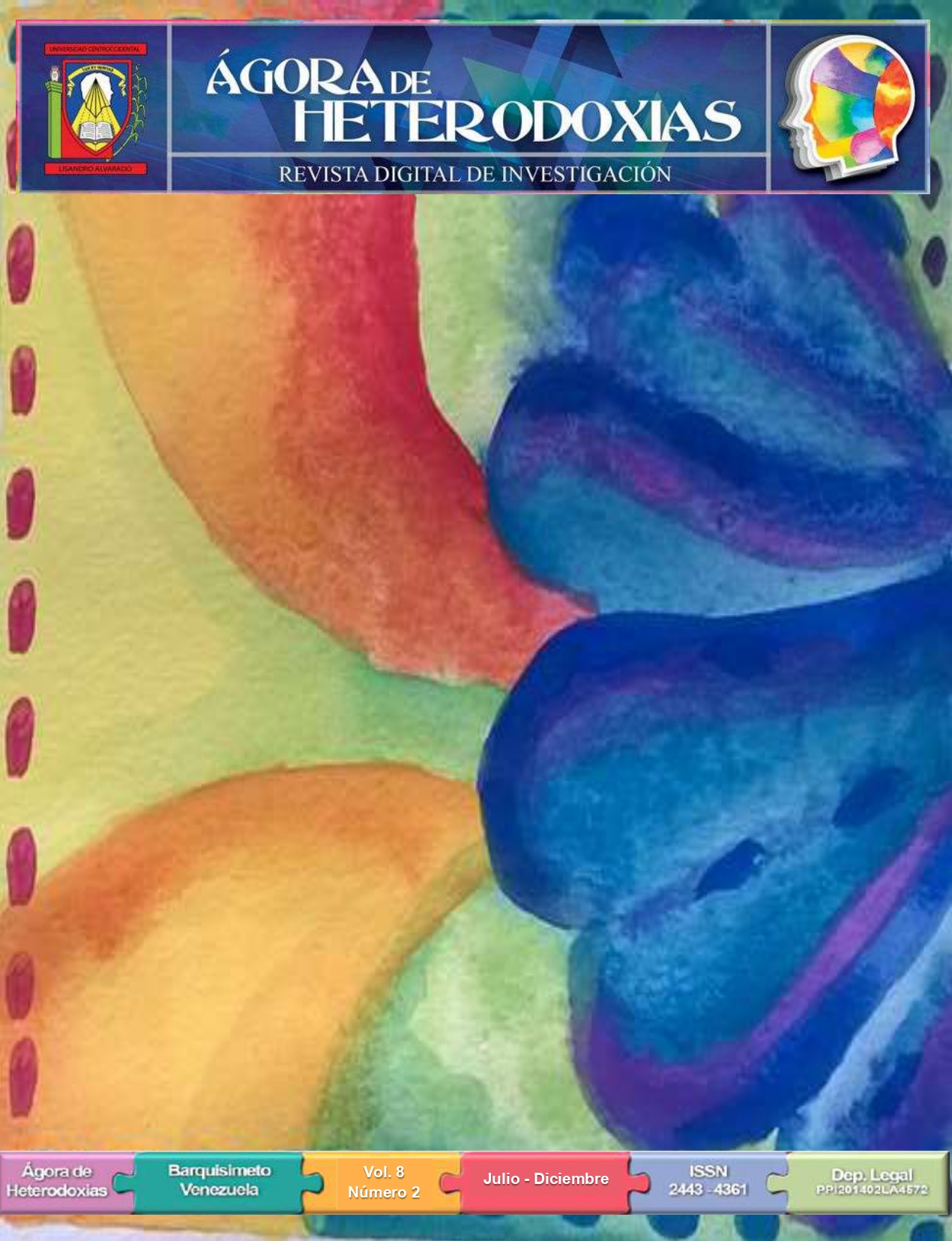Migración Forzada de Académicos Desplazados en el Siglo XX y su Impacto en la Circulación de Conocimientos e Ideas
DOI:
https://doi.org/10.5281/zenodo.7682871Palabras clave:
Migración forzada, Académicos desplazados, Gran Bretaña, Periodo contemporáneo, años de entre y posguerraResumen
Este artículo de revisión, es un análisis de la migración forzada de los académicos y científicos desplazados de las universidades europeas que llegaron a Gran Bretaña en algunos períodos del siglo XX, especialmente durante la Primera y la Segunda Guerra Mundial, y los años de entre y posguerra; presentando en la parte final de este artículo, con cierto detalle, cómo en el período contemporáneo ha cambiado el patrón de la migración académica a Gran Bretaña.
Descargas
Citas
Adams, W. (1968). The refugee scholars of the 1930s. The political quarterly, 39(1), 7-14.
Bentwich, N. (2012). The rescue and achievement of refugee scholars: The story of displaced scholars and scientists 1933–1952 (Vol. 1). Springer Science & Business Media.
Boswell, C. (2009). The political uses of expert knowledge: Immigration policy and social research. Cambridge University Press.
Bramwell, A.C. (1988). Refugees in the Age of Total War. Routledge.
Brandi, M. C., (2006). La historia del brain drain. Revista Iberoamericana de Ciencia, Tecnología y Sociedad - CTS, 3(7),65-85.[fecha de Consulta 23 de Noviembre de 2022]. ISSN: 1668-0030. Recuperado de: https://www.redalyc.org/articulo.oa?id=92430705
Cohen, S. (2021). Challenging the injustice of wartime internment: the collaboration between Eleanor Rathbone and Esther Simpson, 1940–1942. Jewish Historical Studies, pp. 56-69.
Cooper, R. (1992). Refugee Scholars: Conversation with Tess Simpson. Leeds, UK: Moorland.
Cox, M. (2021). “His finest hour”: William Beveridge and the Academic Assistance Council. LE
Dodani, S., & LaPorte, R. E. (2005). Brain drain from developing countries: How can brain drain be converted into wisdom gain? Journal of the Royal Society of Medicine, 98(11), 487–491. https://doi.org/10.1177/014107680509801107
Donau. D. (1999). ["Migrations in the 20 th century and their consequences – ways forward for history lessons within a European context"]. European Seminar for Educational Staff
Feichtinger, J. (2001).Wissenschaft zwischen den Kulturen: Osterreichische Hochschullehrer in der Emigration 1933-1945. Frankfurt and New York: Campus pp. 32-38.
Hirschfeld, G. (Ed.). (1984). Exile in Great Britain: Refugees from Hitler's Germany. Berg Publishers.
Kim, T. (2009). Shifting patterns of transnational academic mobility: a comparative and historical approach. Comparative Education, 45(3), 387–403. http://www.jstor.org/stable/40593182
Khan, J. (2021). European academic brain drain: A meta-synthesis. Eur J Educ. 56: 265– 278.
Kone, Z. L. (2017). Brain Drain, gain and circulation. Handbook of Globalisation and Development, 349–370. https://doi.org/10.4337/9781783478651.00029
Medawar, J., and D. Pyke. 2001. Hitler's gift: The true story of scientists expelled by Nazi regime. New York: Arcade Publish.
Pustelnikovaite, T. (2021). Locked out, locked in and stuck: exploring migrant academics’ experiences of moving to the UK. Higher Education, 82(4), 783-797.
Rall, J. A. (2017). Nobel Laureate AV Hill and the refugee scholars, 1933–1945. Advances in Physiology Education, 41(2), 248-259.
Sieglin, V., & Zúñiga, M. (2010). “Brain drain” en México. Estudio de Caso sobre Expectativas de Trabajo y disposición hacia la migración laboral en estudiantes de ingeniería y ciencias naturales. Perfiles Educativos, 32(128). https://doi.org/10.22201/iisue.24486167e.2010.128.18908
Siegmund-Schultze, R. 2001. Rockefeller and the internationalization of mathematics between the two World Wars: Documents and studies for the social history of mathematics in the 20th century. Basel and Boston: Birkhäuser Verlag. Tanaka, M. 2005.
Zimmerman, D. (2006). The Society for the Protection of Science and Learning and the Politicization of British Science in the 1930s. Minerva, 44(1), 25-45.
Publicado
Cómo citar
Número
Sección
Derechos de autor 2023 Emma Fierros-Pesquera, Diana Castillo-Fernández

Está obra está bajo licencia Creative Commons Attribution-NonCommercial-ShareAlike 4.0 International License.
![]() Los autores mantienen los derechos para reutilizar el artículo para fines docentes y de investigación. Los lectores y usuarios pueden leer, descargar, copiar, distribuir, imprimir, buscar o usar sus publicaciones con cualquier propósito legal, sin ninguna barrera financiera, legal o técnica, además de las que son inherentes de las que implica acceder al Internet. Siempre y cuando preserven el derecho de los autores de ser adecuadamente reconocidos y citados Ágora de Heterodoxia no se hace responsable de la información suministrada por colaboradores, la cual no constituye, necesariamente, el punto de vista de la publicación.
Los autores mantienen los derechos para reutilizar el artículo para fines docentes y de investigación. Los lectores y usuarios pueden leer, descargar, copiar, distribuir, imprimir, buscar o usar sus publicaciones con cualquier propósito legal, sin ninguna barrera financiera, legal o técnica, además de las que son inherentes de las que implica acceder al Internet. Siempre y cuando preserven el derecho de los autores de ser adecuadamente reconocidos y citados Ágora de Heterodoxia no se hace responsable de la información suministrada por colaboradores, la cual no constituye, necesariamente, el punto de vista de la publicación.
Derechos del/de autor/es a partir del año de publicación
Esta obra está bajo la licencia:
Creative Commons Reconocimiento-NoComercial-CompartirIgual 4.0 Internacional (CC BY-NC-SA 4.0)




